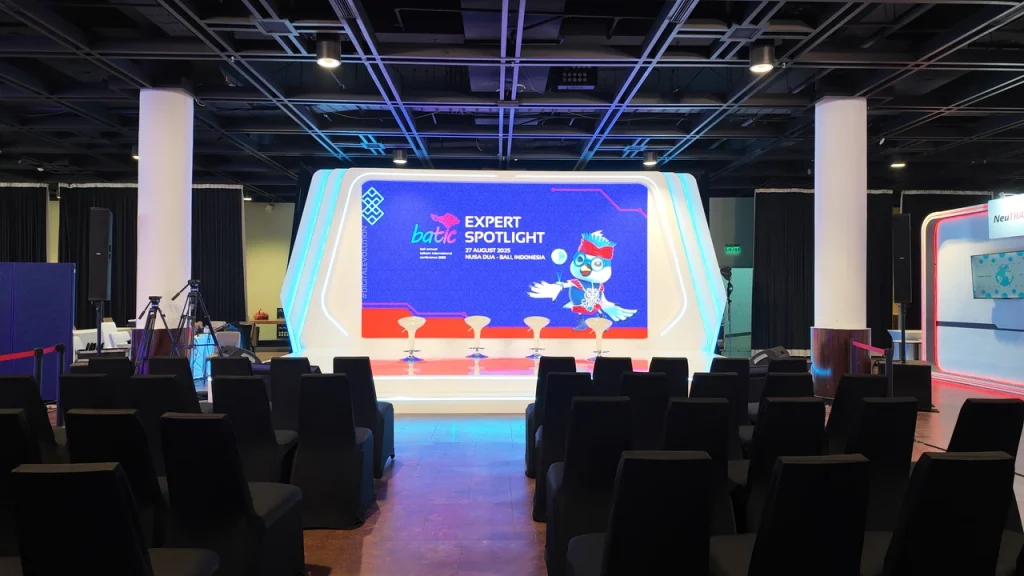- Regional operators and policymakers discuss a coordination framework to strengthen subsea connectivity in the Asia-Pacific.
- Generative AI applications and sustainable data centre strategies shape the agenda at BATIC 2025.
What happened: From subsea cables to AI-powered networks
The Bali Annual Telkom International Conference (BATIC 2025) took place from 26–29 August 2025 at The Apurva Kempinski Bali and it brought together telecom operators, policymakers, and technology providers. The event focused on regional cooperation in subsea cable development and it also looked at operational uses of generative AI in telecoms and sustainable approaches to network infrastructure.During the Carrier & Wholesale Summit, participants said fragmented subsea deployments could raise costs and weaken regional redundancy. A “regional coordination framework” was put forward to align investment and to make regulation easier across Asia-Pacific systems.
The Digital Transformation Forum had operators from Southeast Asia who showed practical uses of generative AI, such as predictive maintenance and customer engagement tools.On sustainability, a workshop by Indosat Ooredoo Hutchison and Telin presented a green data centre roadmap that looked at renewable energy use and more efficient cooling methods.
Also there was the presence of LARUS, a company that was founded in 2016 and provides IP address solutions such as IPv4 leasing and IPv6 training, and its participation showed the role of IP resource management in giving more equitable access to digital infrastructure.
Also read: BATIC 2025 opens in Bali with exhibitions, leadership forums
Also read: Global Leaders Forum to return at BATIC 2025
Why it’s important
The discussions at BATIC 2025 showed that connectivity and regulation and sustainability are closely linked across the Asia-Pacific region, and a proposed framework showed concern that fragmented strategies could slow digital inclusion, especially in smaller markets where resources are already limited.
Internet governance and resource management were also part of the agenda, and in a video interview Lu Heng, the CEO of LARUS, said that Asia-Pacific is one of the company’s most important markets and many regional operators including Telin are its customers, and he said that LARUS supports a digital revolution that is more decentralized and more democratic where users can connect and communicate without geographic barriers, and he also said that the company will continue sponsoring BATIC and may raise its support level in the future.
AI was presented not as a distant idea but as a tool already used by telecom operators, and they showed how it can support network operations and customer services, and this was in line with wider industry trends where companies such as NTT are also using AI to improve efficiency and customer experience, and the focus on sustainability also showed the global pressure on telecoms to cut emissions with green data centre initiatives that link local infrastructure projects to international ESG standards.

